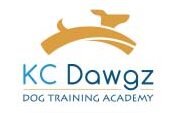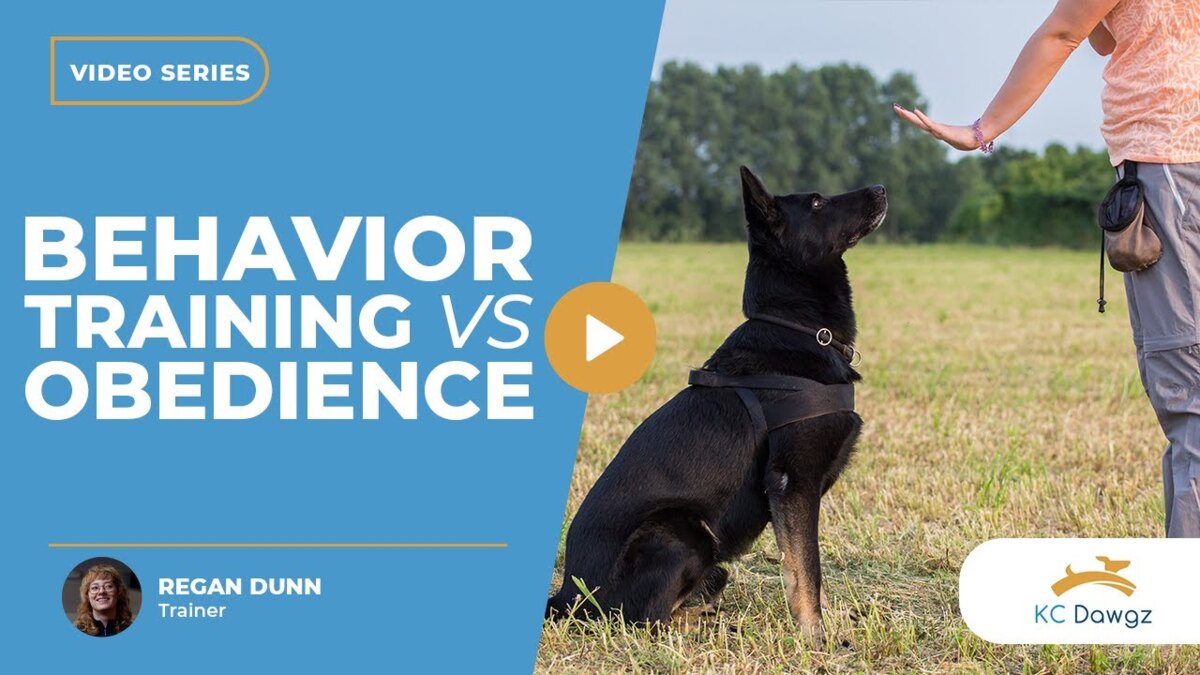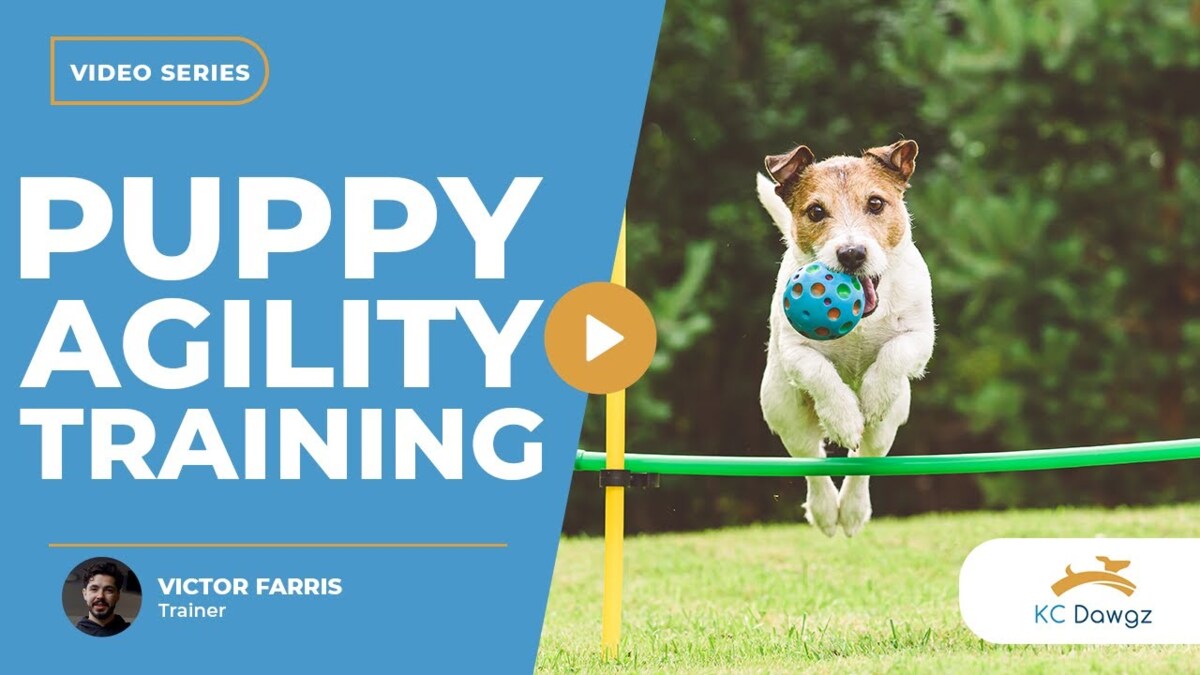Excessive chewing in dogs can be a common and frustrating problem for pet owners. However, it’s essential to remember that preventing this behavior is far easier than addressing it once it has become a habit. In this comprehensive guide, we will explore various strategies to prevent excessive chewing in dogs and ensure your furry companion is well-behaved and happy.
Why Prevent Excessive Chewing?
Excessive chewing not only damages your belongings but can also harm your dog. Chewing on inappropriate objects can lead to dental issues, digestive problems, and even choking hazards. Therefore, it’s crucial to take proactive steps to prevent this behavior.
How to Prevent Excessive Chewing
As mentioned in the video transcript, preventing excessive chewing is all about management. Just like the speaker’s dog never learned to counter surf because he was not allowed in the kitchen, your dog can’t learn good behavior if they are never given the chance to develop bad habits.
Managing Surroundings
Start by managing your dog’s surroundings. Puppy-proof your home by removing or securing objects that might tempt your dog to chew on them. Keep shoes, cables, and other valuable or dangerous items out of reach.
Providing Alternatives
Offer a multitude of different items for your dog to chew on. Redirect their attention to appropriate toys and bones whenever they show an interest in chewing something they shouldn’t. This redirection helps reinforce positive behavior.
Positive Reinforcement: A Key Element
Positive reinforcement is a constant in dog training techniques. It involves rewarding your dog when they do the right thing in any given situation. Use treats, praise, or toys to reward good behavior, such as chewing on their toys instead of household items.
Understanding the Causes of Chewing
To effectively prevent excessive chewing, you must understand the underlying causes of this behavior. Dogs often chew out of boredom, anxiety, or a need for mental and physical stimulation.
Provide Mental Stimulation
Engage your dog’s mind with puzzle toys, interactive feeders, and training sessions. Mental stimulation can tire them out just as effectively as physical exercise.
Offer Physical Exercise
Ensure your dog gets enough physical activity through regular walks, playtime, and exercise routines. A tired dog is less likely to engage in destructive chewing.
Socialization and Training
Socialization is another crucial aspect of preventing excessive chewing. Exposing your dog to different environments, people, and other animals can help reduce anxiety and prevent boredom-related behaviors.
Effective Training Techniques
Utilize positive reinforcement training techniques to teach your dog appropriate behavior. Enroll in obedience classes or seek professional help if necessary. Consistency and patience are key when teaching your dog what is acceptable to chew and what is not.
Conclusion
Preventing excessive chewing in dogs is achievable through proper management, positive reinforcement, and a deep understanding of your pet’s needs. By creating a safe environment, offering alternatives, and using effective training techniques, you can enjoy a well-behaved and happy furry companion.
If you need further assistance or have questions, don’t hesitate to contact us for expert advice on canine behavior and training. Your dog’s well-being is our priority.




